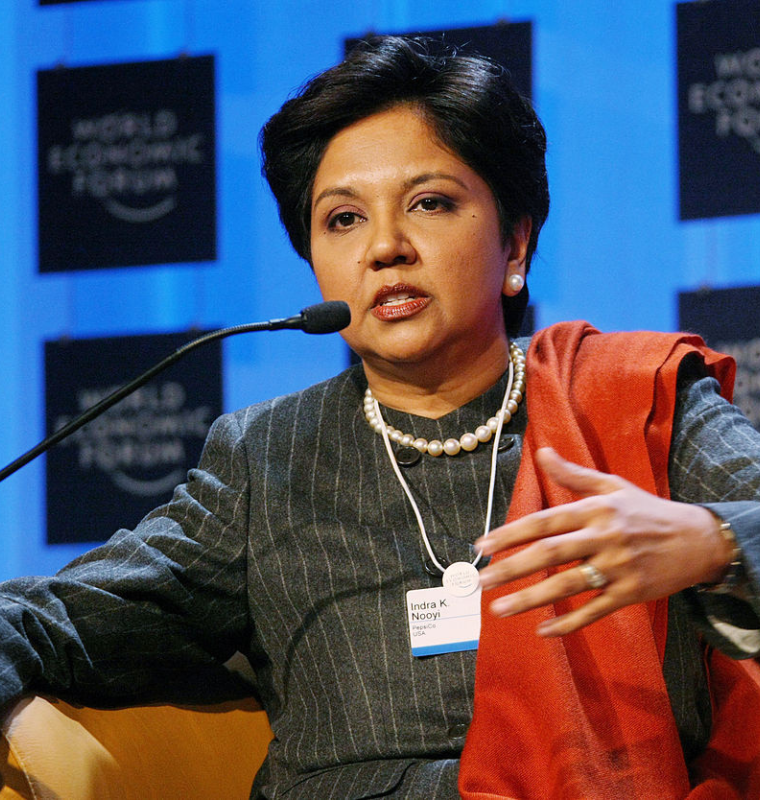Bulgaria Poised to Join the Eurozone, But Public Doubts Cast a Shadow
Bulgaria Poised to Join the Eurozone, But Public Doubts Cast a Shadow
By
Junia Wells
Last updated:
June 10, 2025
First Published:
August 3, 2025

A protester hold Russian flag as thousands Bulgarians took on the streets of the capital, Sofia, and other major cities on Saturday to protest government plans to adopt the euro and to demand a referendum on the issue. Sofia, on May 31, 2025. [Valentina Petrova/AP]
Bulgaria’s Eurozone Entry: A Historic Milestone
Bulgaria is on the brink of a significant economic transformation, set to become the 21st country to join the eurozone after receiving formal approval from both the European Commission and the European Central Bank (ECB) last week. This move marks a major step toward deeper integration with the European Union, but it has sparked considerable debate among the Bulgarian public.
The eastern European nation has long used the Bulgarian lev, a currency pegged to the euro since 1999, but the official adoption of the euro will mean relinquishing its national currency and ceding certain monetary controls to the ECB.
Government Push and Public Resistance
Prime Minister Rosen Zhelyazkov, representing the center-right GERB party, has made euro adoption a cornerstone of his economic agenda, emphasizing the potential for enhanced financial stability, increased foreign investment, and stronger growth prospects.
Yet, despite official support, public sentiment remains skeptical. A recent European Union survey revealed that approximately 50% of Bulgarians oppose adopting the euro, with fears centered on rising prices and loss of national sovereignty fueling protests, often amplified by nationalist political factions.
Inflation Concerns and Economic Impact
One of the biggest worries among Bulgarians is inflation. During the currency switch, some businesses may round up prices, leading to an immediate spike in living costs. Valentin Tataru, economist at ING who specializes in Bulgaria’s market, told CNBC that while this inflationary pressure is a valid concern, it is expected to be “mild” due to Bulgaria’s longstanding fixed exchange rate regime.
He explained, “Since the lev has been pegged to the euro for over two decades, the transitional inflation bump should be relatively contained.” Still, the risk remains particularly acute in poorer, rural areas where households have less financial resilience.
Sovereignty and Monetary Policy Trade-offs
A deeper issue lies in the symbolic and practical loss of monetary independence. Bulgaria’s currency, the lev, has been a national emblem of sovereignty since the post-communist transition. Andrius Tursa, a Central and Eastern Europe advisor at Teneo, highlighted that switching to the euro may be perceived by parts of the population as a relinquishment of control:
“Joining the eurozone means ceding monetary policy decisions to the ECB, which sets interest rates based on the economic outlook of the entire euro area rather than Bulgaria alone.”
This loss means the Bulgarian National Bank will no longer have sole authority to adjust interest rates tailored specifically to the Bulgarian economy. However, Tursa also noted a significant upside: “Eurozone membership often results in lower interest rates due to the ECB’s credibility and reduced currency risk, making borrowing cheaper for businesses and consumers.”
Economic Stability, Investment, and Growth Prospects
From a macroeconomic perspective, the move to the euro promises to strengthen Bulgaria’s financial system through closer ECB oversight. Jasmin Groeschl, senior economist for Europe at Allianz SE, pointed out that adopting the euro could attract more foreign investment and stimulate GDP growth by removing currency volatility and simplifying cross-border transactions.
In 2023, Bulgaria’s main exports—machinery, transport equipment, manufactured goods, and food products—were primarily destined for EU countries, making euro adoption a natural fit to ease trade flows. Tourism, a vital sector generating over 13 million international visitors in 2024, could also benefit from reduced currency exchange barriers.
Tursa elaborated:
“Euro adoption facilitates trade and tourism by eliminating currency conversion costs, which is crucial given Bulgaria’s integration into EU supply chains and its growing appeal as both a summer and winter destination.”
Political Fallout and Future Outlook
Despite economic advantages, Bulgaria faces political hurdles. The euro adoption has ignited protests fueled by nationalist and Euroskeptic parties, which may gain traction amid rising public dissatisfaction. Tursa warned:
“Political tensions around the euro could strengthen populist movements, potentially complicating Bulgaria’s broader EU relationship.”
Yet, economists like Groeschl and Tataru argue that the long-term benefits outweigh the short-term challenges. Groeschl summarized:
“Bulgaria will trade some economic autonomy for greater stability, reduced transaction costs, and deeper integration with the EU. These gains should ultimately support sustained prosperity.”
Tataru echoed this optimism, calling the adoption “one of the most strategic steps Bulgaria can take toward long-term prosperity and European integration.”
Popular articles
Subscribe to unlock premium content
Indra Nooyi’s Strategic Vision at PepsiCo: Balancing Profitability with Purpose

Nike’s Direct-to-Consumer Revolution: How Cutting Retailers Boosted Profits and Control

Spotifys Playlist Power Turning Music Curation Into An Advertising Goldmine

Indra Nooyi’s Strategic Vision at PepsiCo: Balancing Profitability with Purpose

Nike’s Direct-to-Consumer Revolution: How Cutting Retailers Boosted Profits and Control

Indra Nooyi’s Strategic Vision at PepsiCo: Balancing Profitability with Purpose









